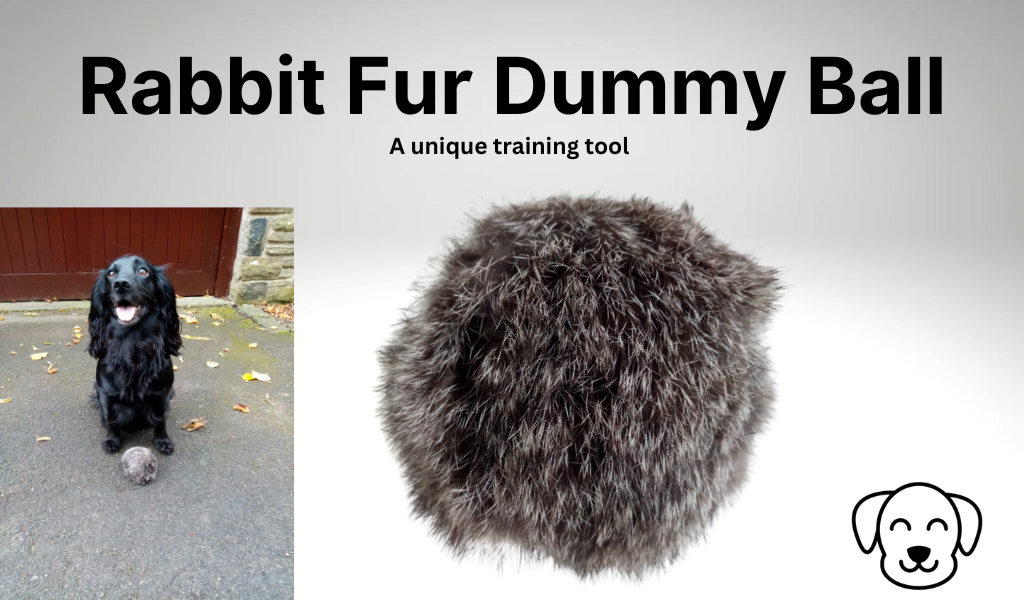
The Rabbit Fur Training Dummy Ball From Goygar
Discover how our Rabbit Fur Dummy Ball can enhance and improve your gundog training.
Get Great Deals On Gundog Gear at www.goygar.com

Discover how our Rabbit Fur Dummy Ball can enhance and improve your gundog training.
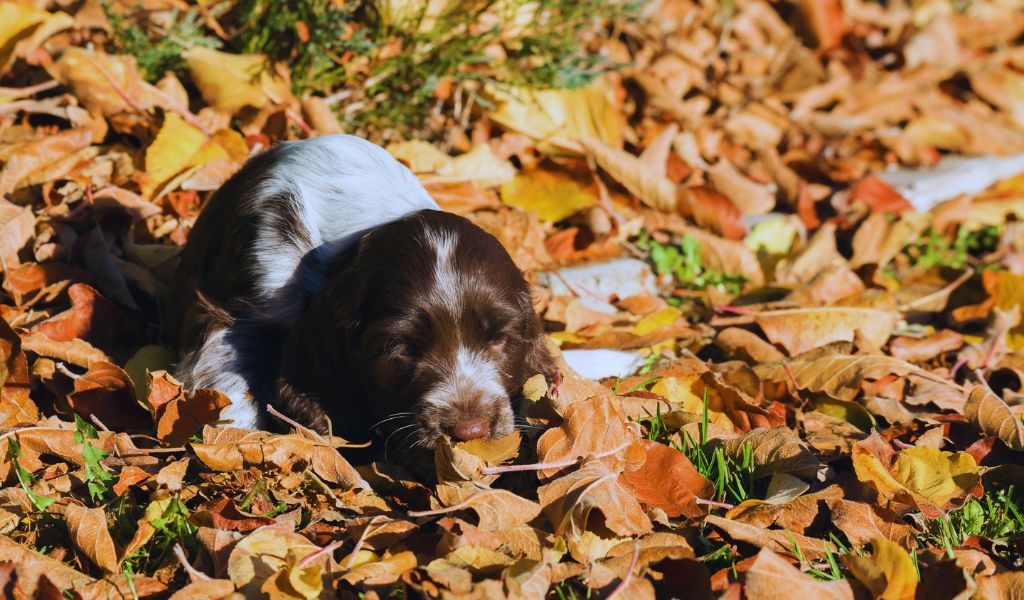
Discover the ultimate guide for training your new Cocker Spaniel puppy! Essential tips and tricks for teaching your pup everything they need to know.
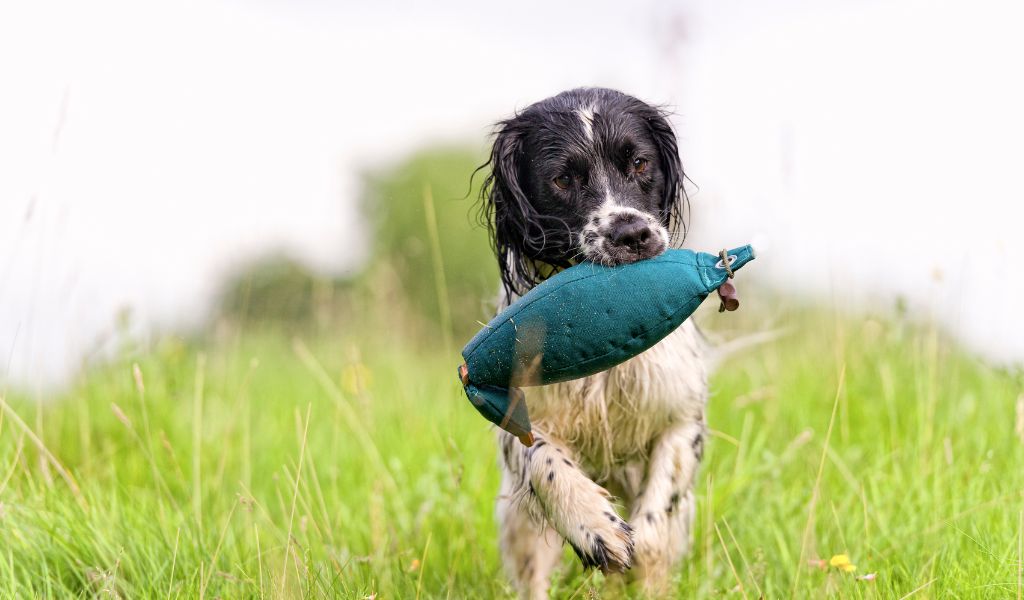
Discover effective Cocker Spaniel gundog training for puppies and working dogs. Whether you’re a seasoned trainer or new to gundogs, our techniques will help.
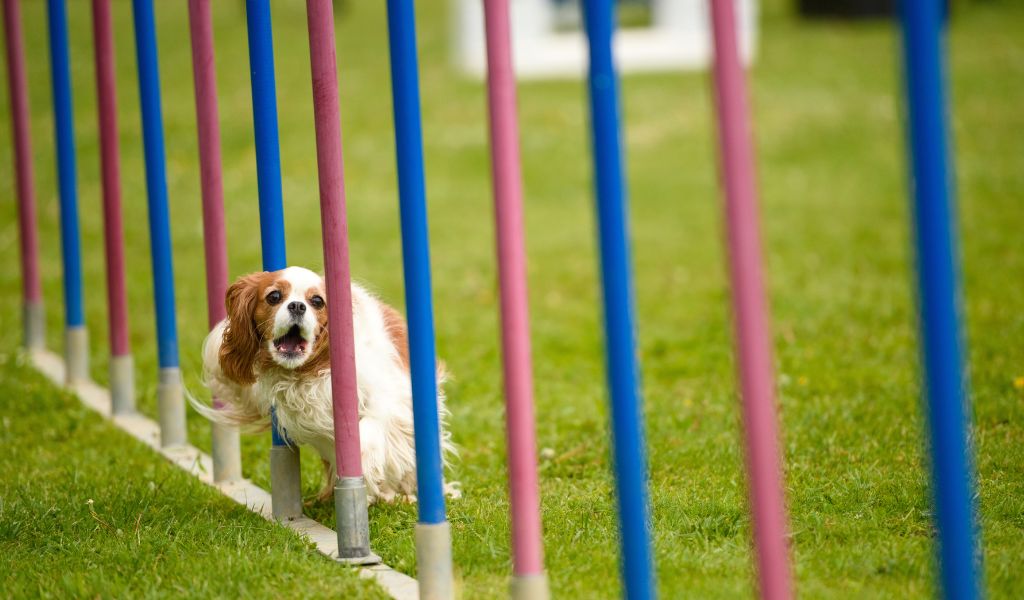
Cavalier King Charles spaniels are intelligent dogs that enjoy and respond well to training.
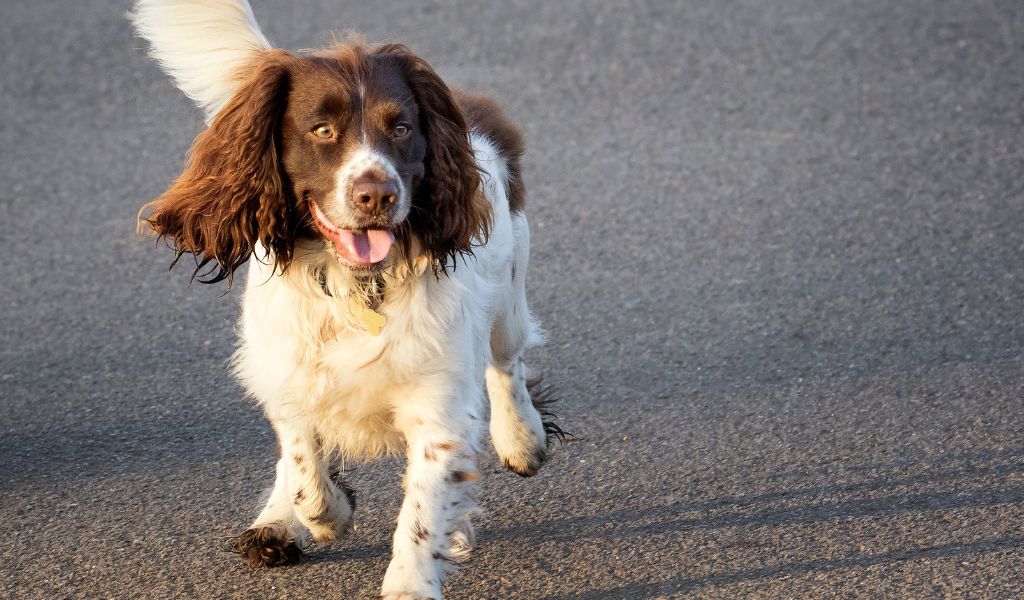
English Springer Spaniels are intelligent dogs that love training and with the right handling will quickly learn.
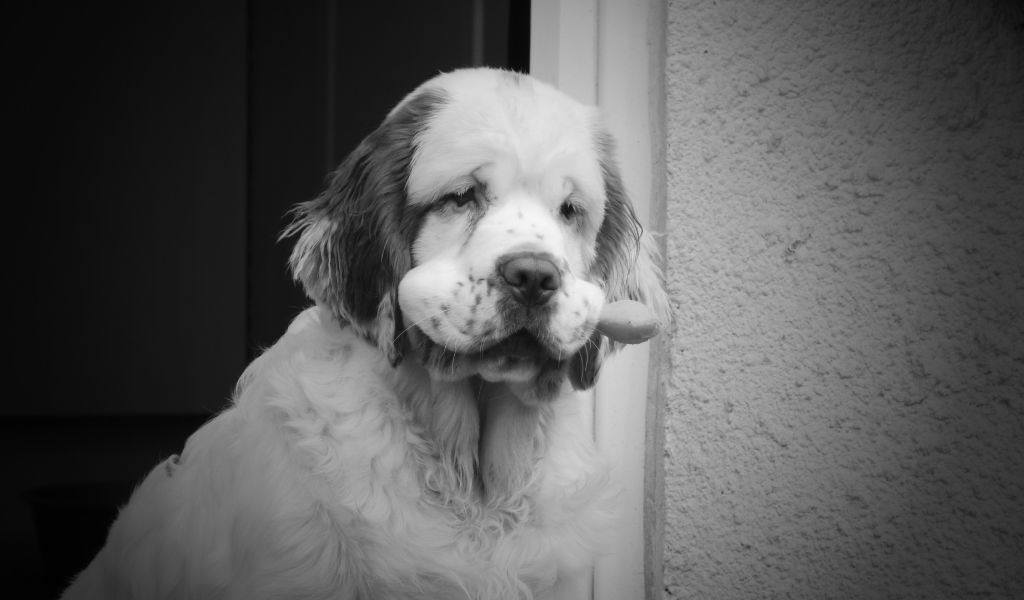
There are many different commands to teach a Clumber Spaniel. These are the most common.
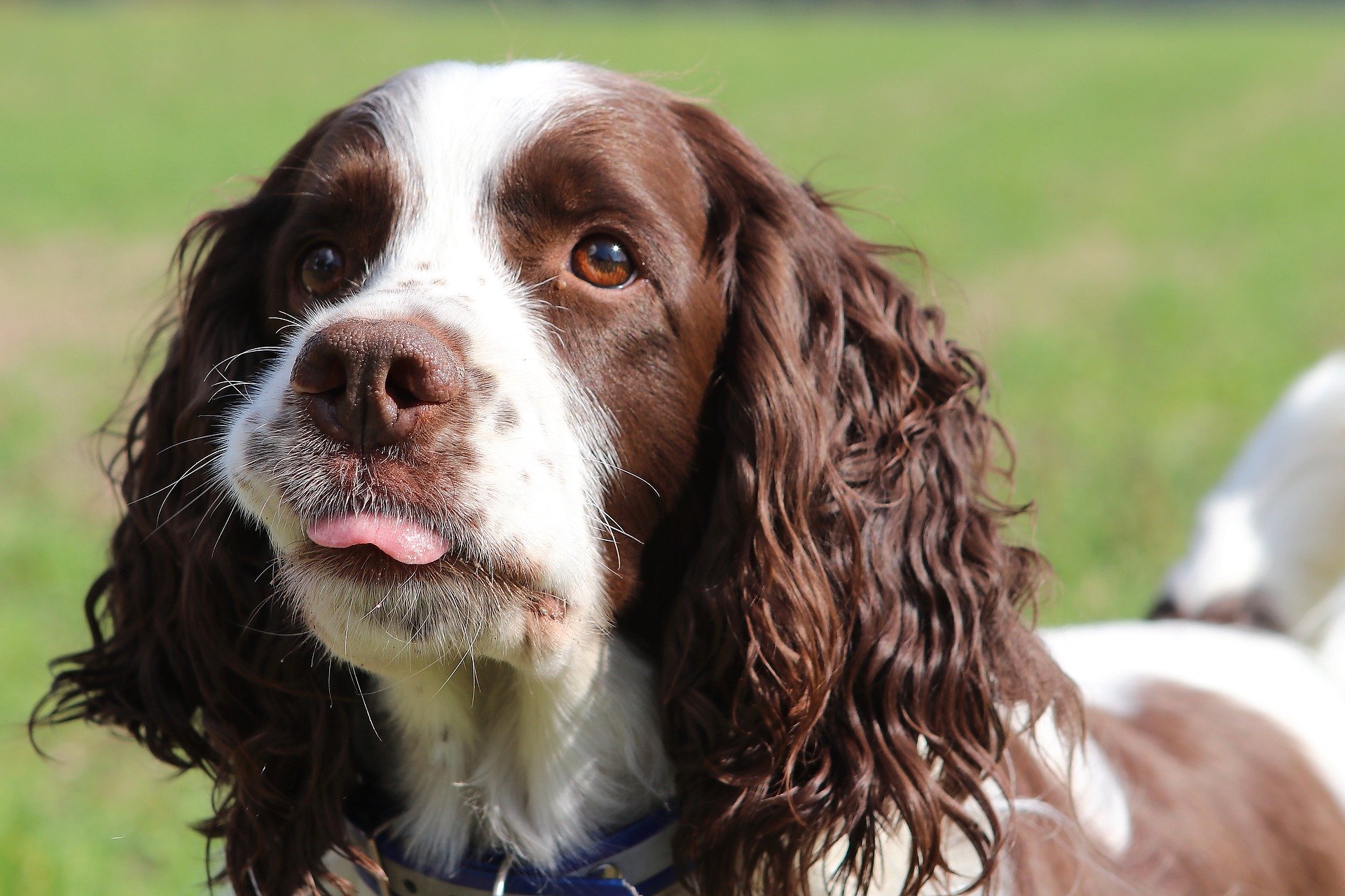
A key aspect of spaniel training is getting your spaniel to stop on the whistle. Let’s take a look at the way to achieve this.
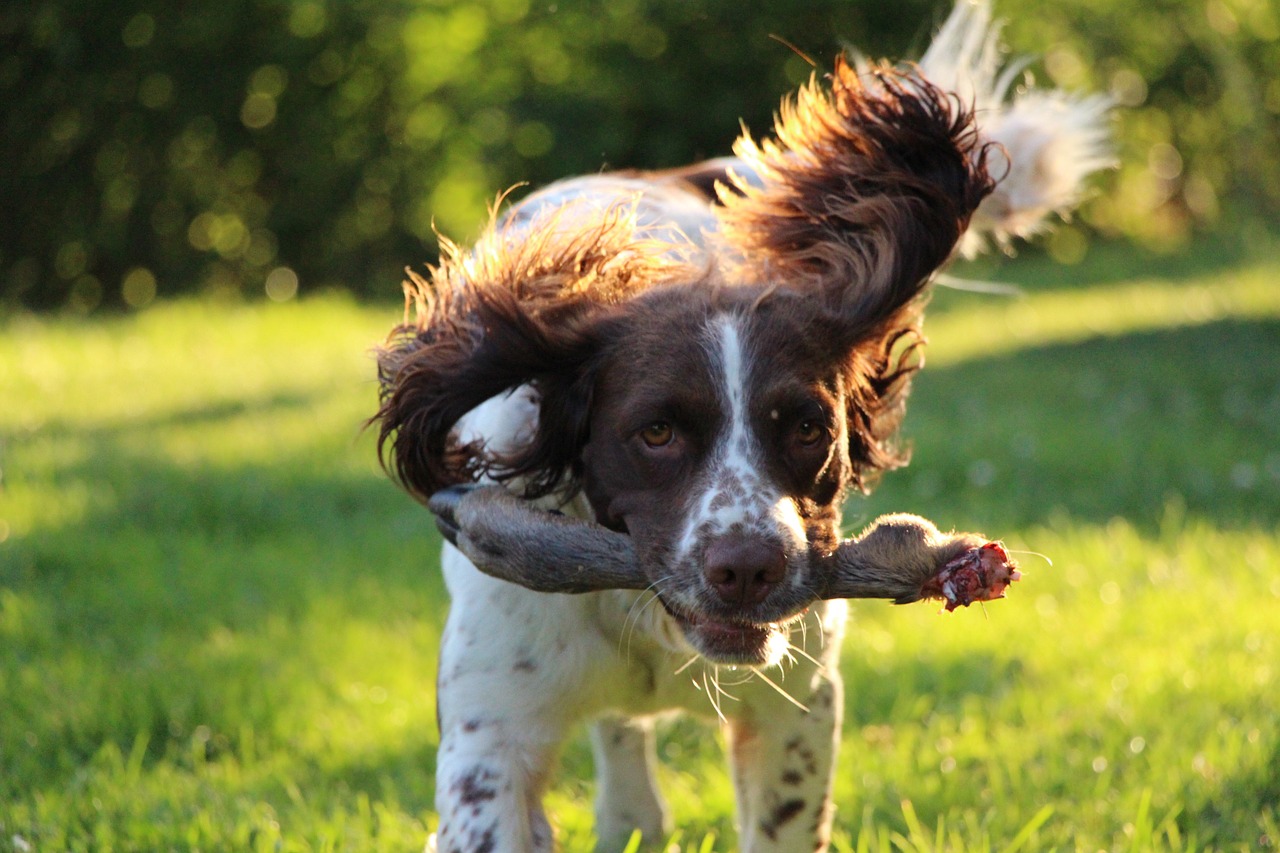
Learn the basics of spaniel training from an expert and set the foundation for a well-behaved, obedient adult dog. With practical tips and insights, you can train your spaniel to a high standard and enjoy the rewards of owning a skilled working dog and loyal companion.
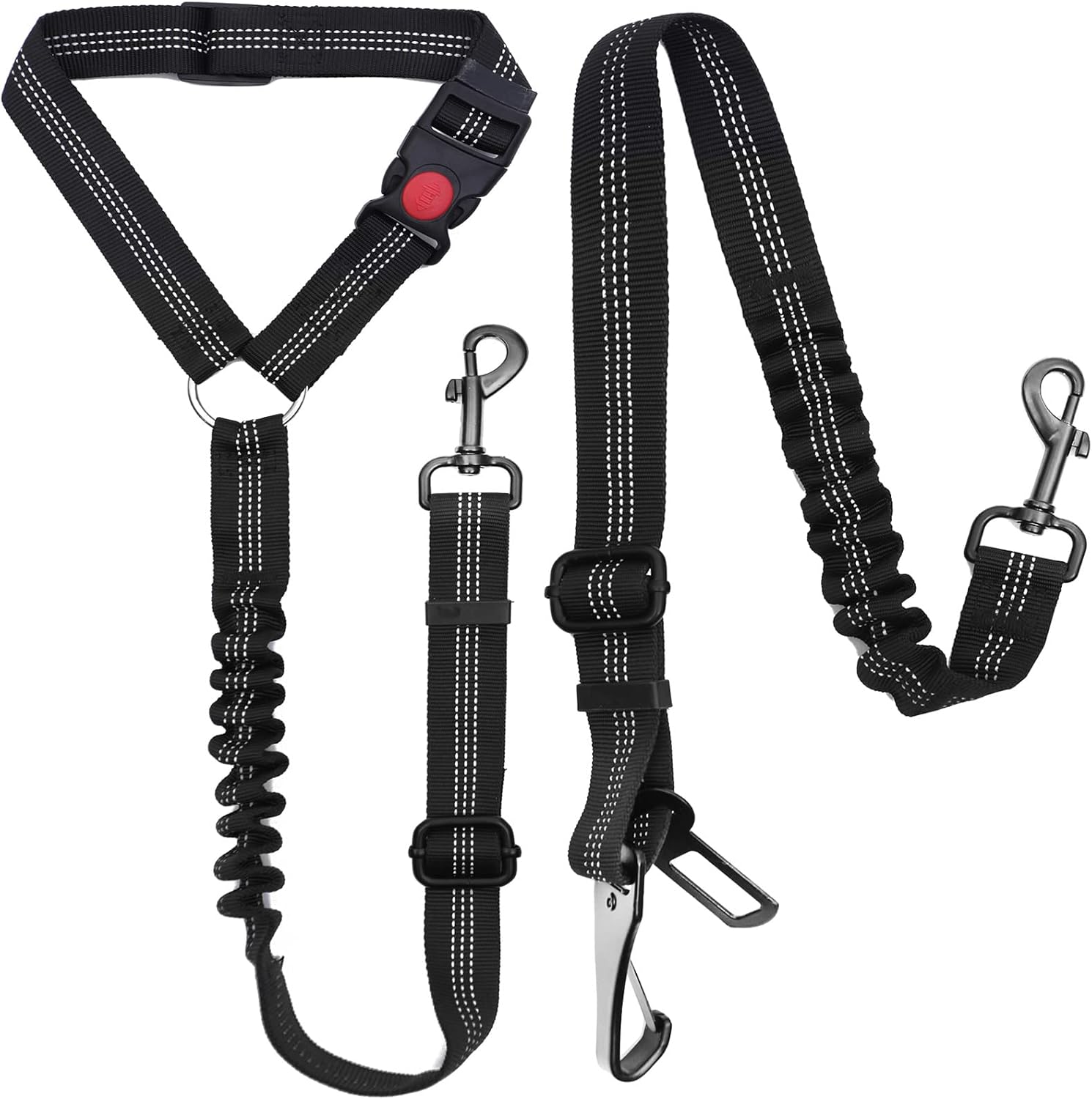
BENIFIETS OF USING Junreox DOG SEAT BELT☛ 2 different types of dog seatbelt for multiple applications: * One is the headrest restraint dog seat belt harness which is suitable for all vehicles with middle headrest, and also could be used as dog car leash for walking; * One is a 2-in-1 pet safety seat belt,…
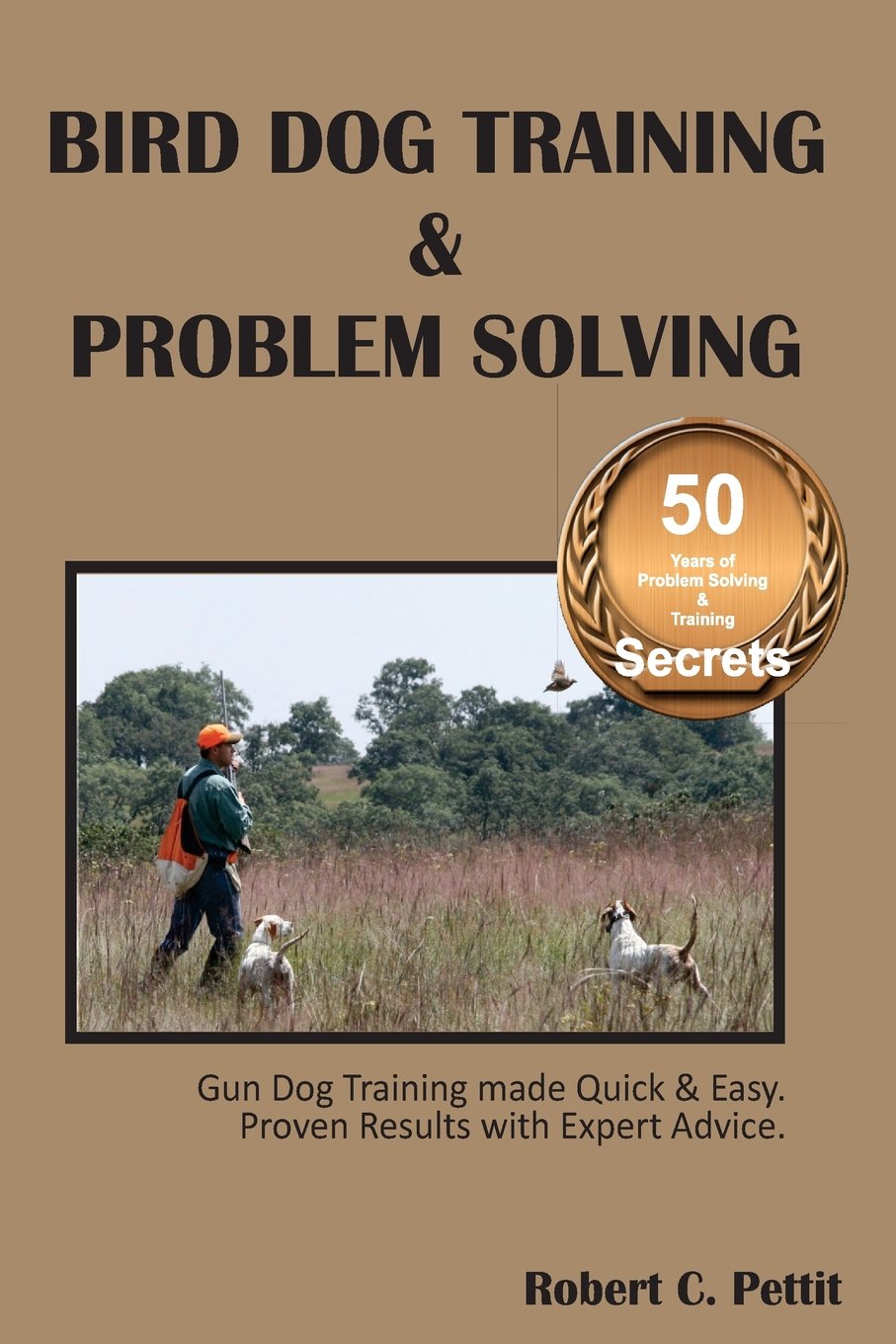
Bird Dog Training and Problem Solving was written for hunting dog owners to enable you to successfully navigate your way through the myriad of obstacles and difficulties oftentimes encountered while training. This book will help you on your journey through the process of developing a puppy into a finished gun dog. Robert Pettit reveals his…
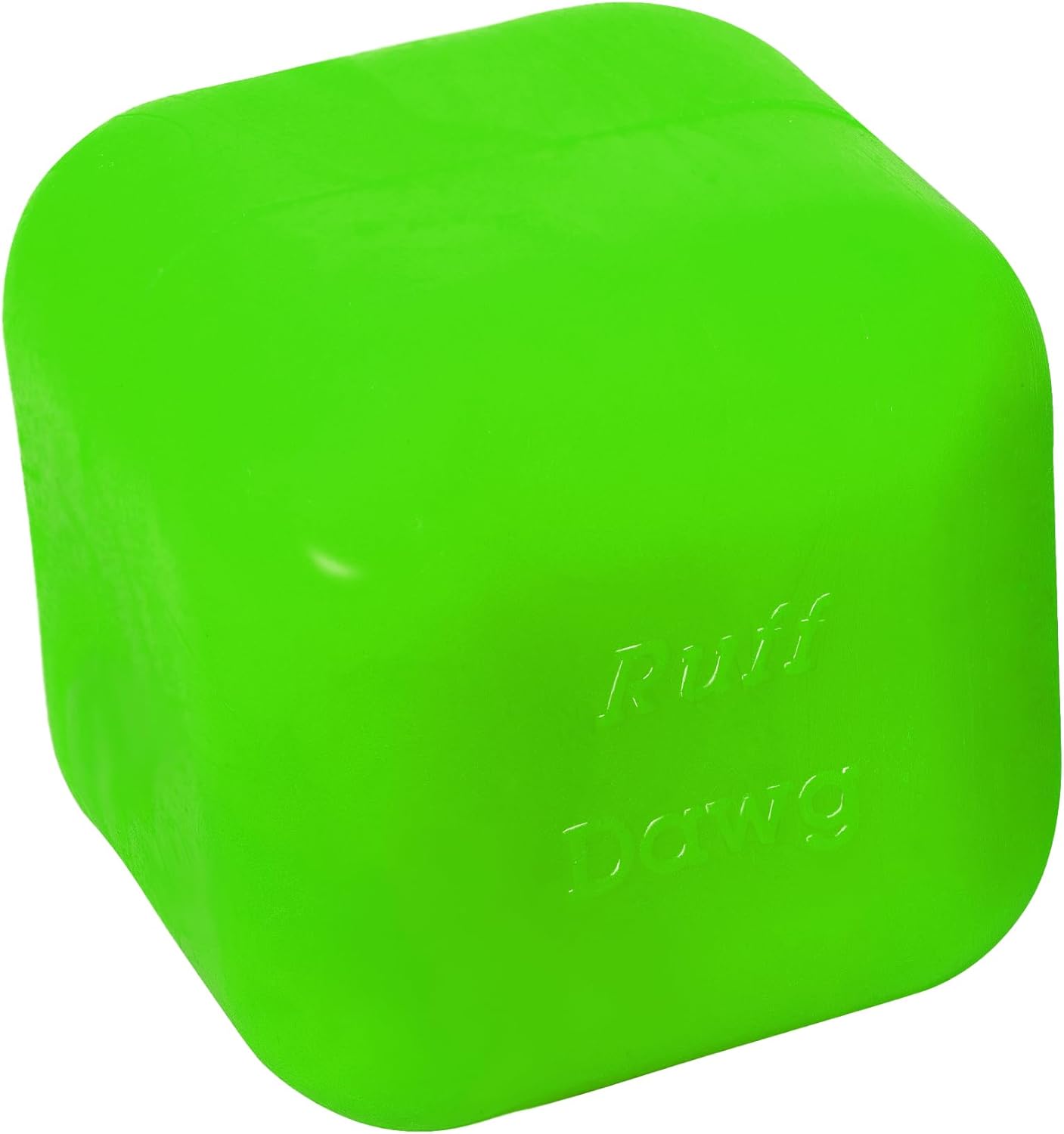
The Ruff Dawg Dawg-Cube is the perfect choice for dogs that love tough play and need a durable toy to match their energy. Proudly Made in the USA, this high-quality toy is built from strong, pet-safe materials specifically designed to handle aggressive chewing and rough play, ensuring it stands up to even the most energetic…
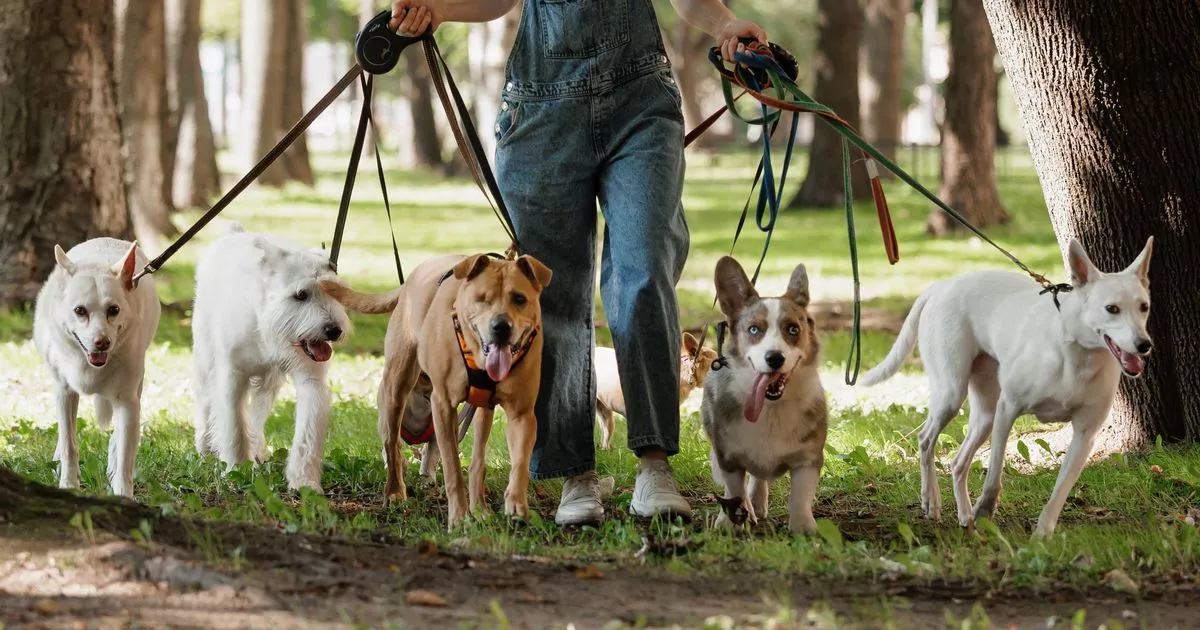
Although any breed can be safe and well-behaved in the right circumstances, the trainer mentioned that one particular breed lacks a good ‘off switch’ Lauren Haughey Lifestyle and Money Reporter 06:00, 21 Sep 2025 The dog trainer revealed his honest opinion on one breed(Image: Olga Serba via Getty Images) A canine expert has spoken out…
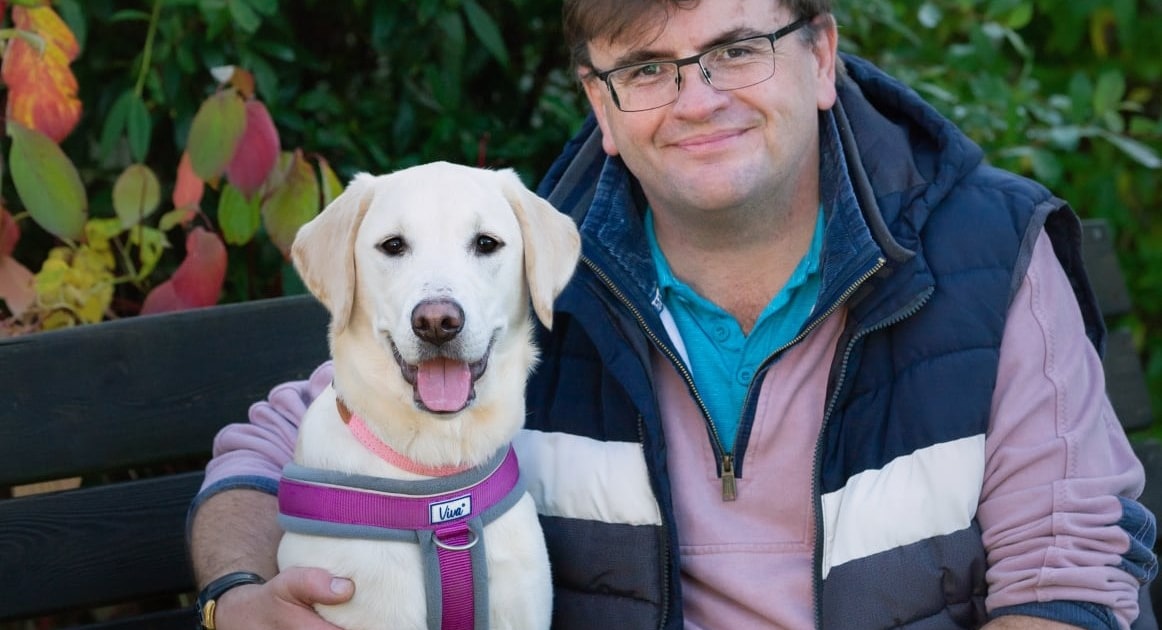
Pet wellbeing brand Pet Remedy has spoken out about growing concerns surrounding unregulated dog trainers and behaviourists in the UK, warning that many pet owners are unknowingly turning to unqualified individuals giving outdated or even dangerous advice. They say that unlike professions such as veterinary medicine, the dog training and behaviour industry currently has no…
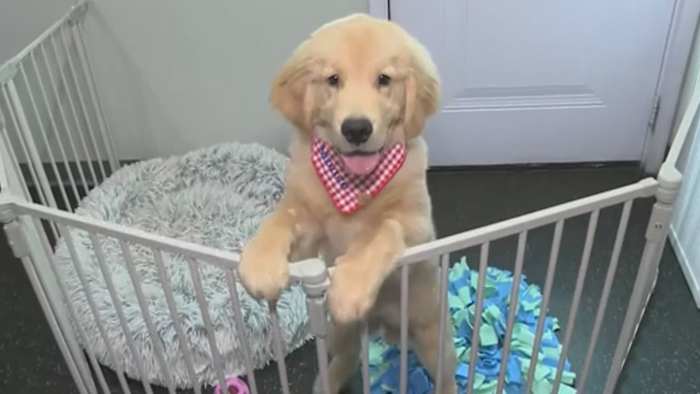
HOUSTON LIFE Published: November 12, 2025 at 2:49 PM Tags: dogs, puppies, holidays, treats, training, believe in dog, the heights, houston, families, holiday season, tips, safe, calm, cozy The holidays can get a little ruff — but the puppy pros at Believe in Dog training in The Heights are here to help your four-legged friends stay safe,…
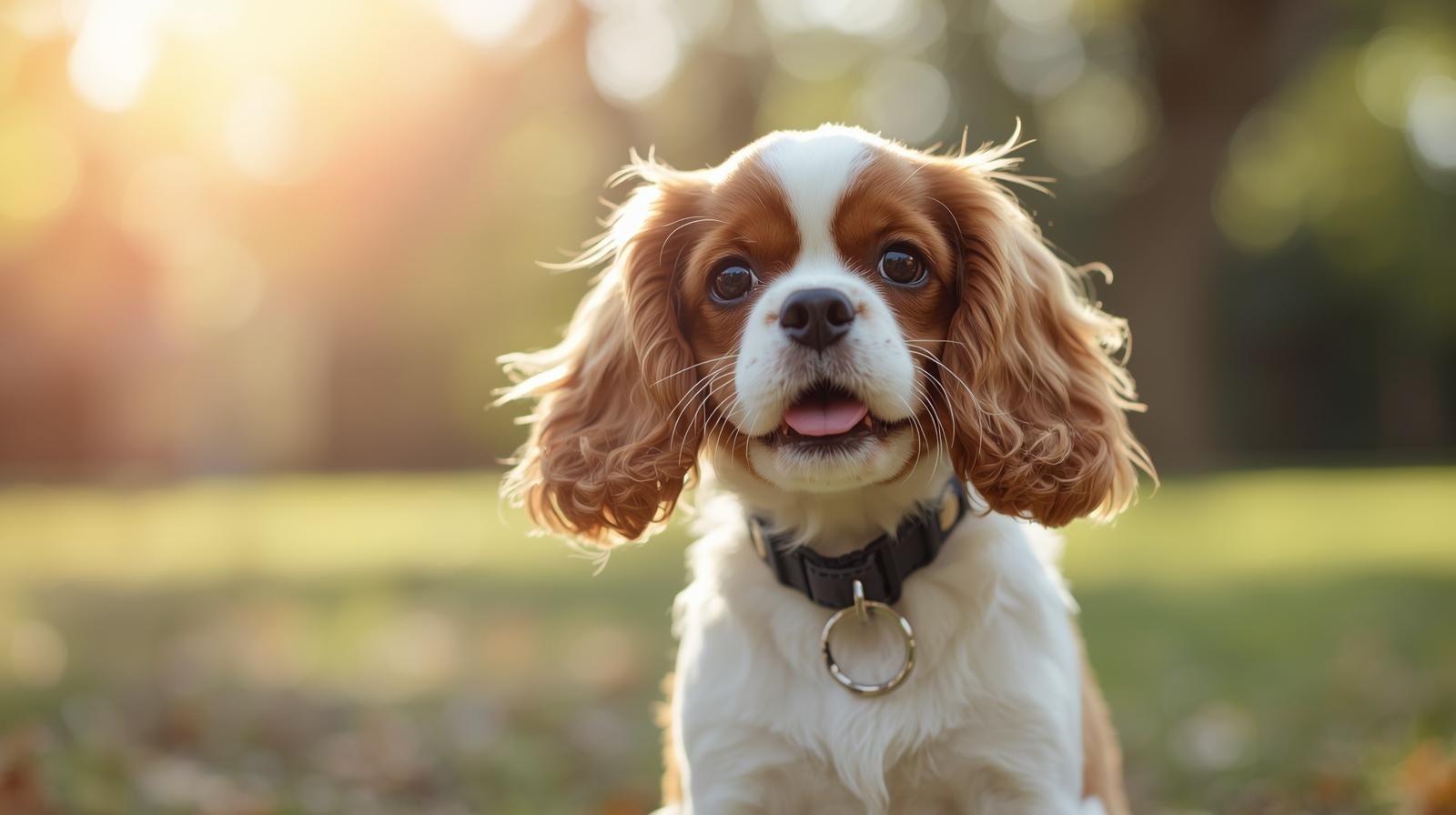
Welcoming a new baby or family member is exciting, but it can be a big adjustment for your Cavalier King Charles Spaniel. With the right preparation, you can help your dog stay calm, secure, and happy. From routine changes to safe spaces and first introductions, discover practical steps to ensure a smooth transition for everyone.
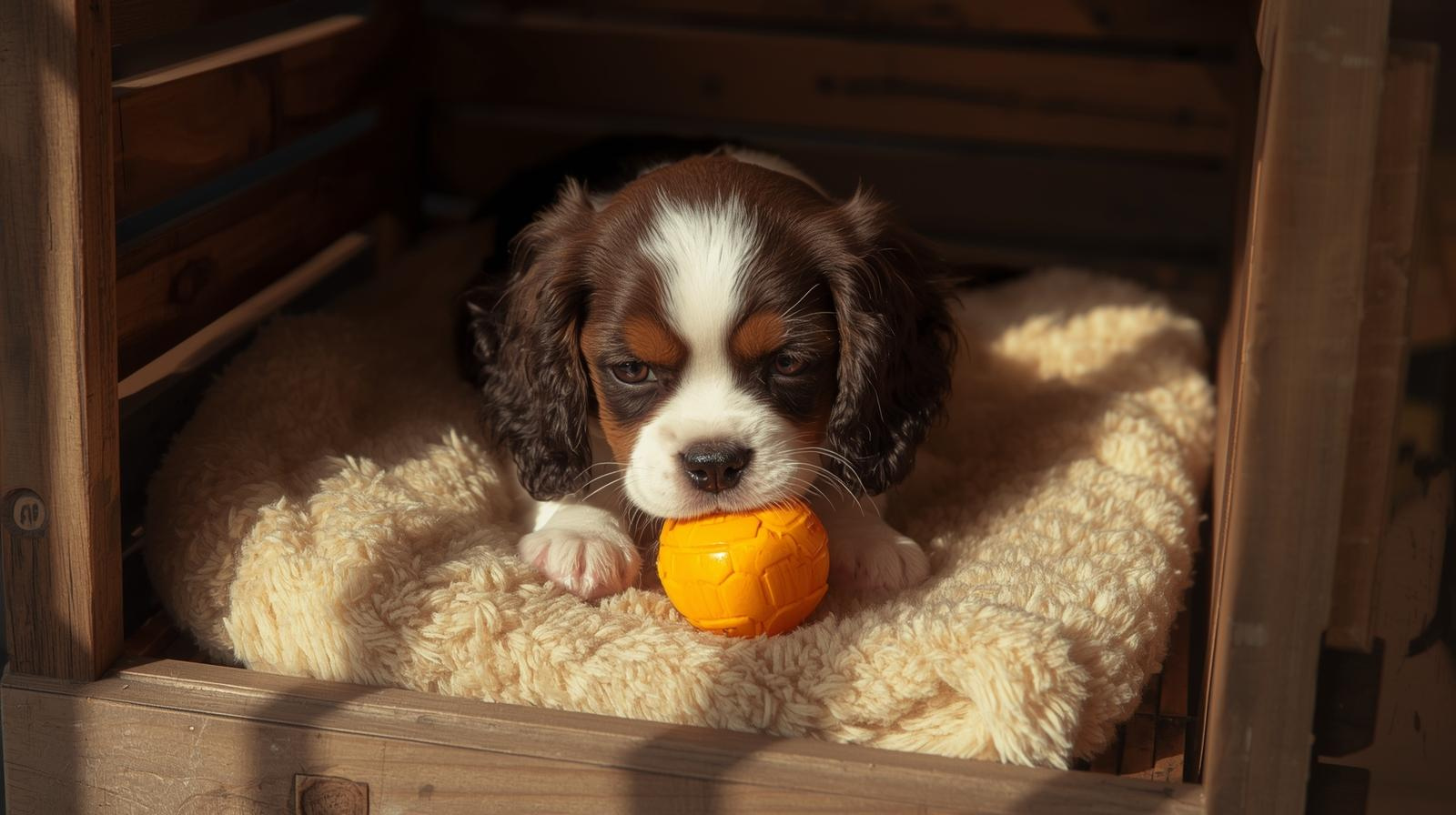
Crate training offers your Cavalier King Charles Spaniel more than just convenience — it provides safety, comfort, and structure. From supporting house training to reducing anxiety and preventing destructive behaviour, a crate can quickly become your Cavalier’s safe haven. Learn how this simple training method can transform daily life for you and your dog.

Springer spaniels. Jack of all trades or master of none? Discover if they are good working dogs.

Learn about the safety of letting your dog swim in a chlorine pool. Discover the benefits, potential risks, and preventative measures to ensure a safe and enjoyable swimming experience for your canine companion. Get expert insights and tips for the best experience.

Discover the benefits of insect-based dog food, a sustainable, nutritious, and hypoallergenic alternative to traditional pet food. Learn how it supports canine health and reduces environmental impact.
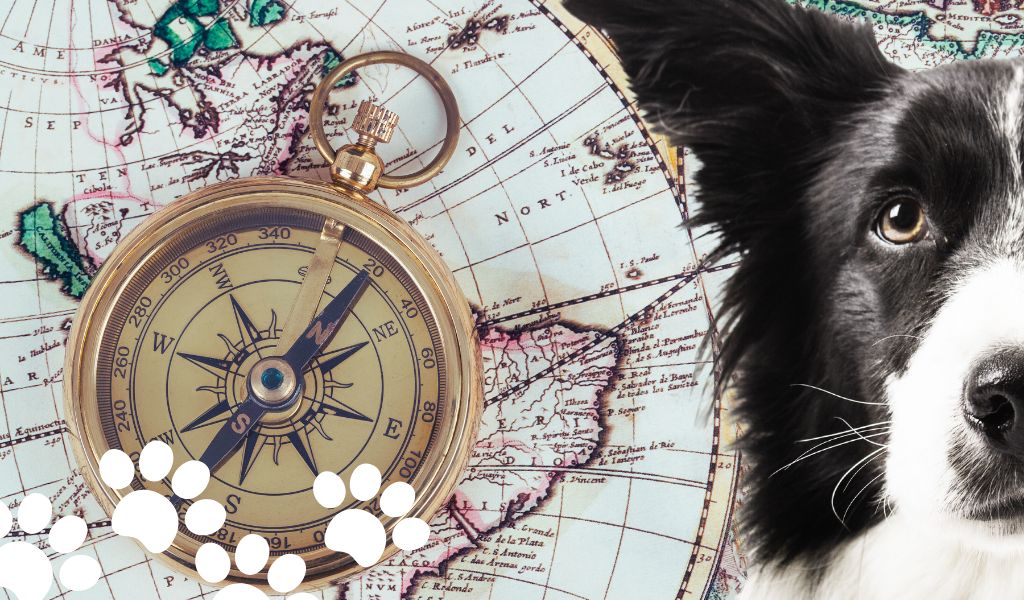
Discover how dogs find their way home using their exceptional sense of smell, hearing, visual cues, and possibly an innate magnetic sense. Learn about scientific studies, breed differences, and practical tips to enhance your dog’s navigation skills.